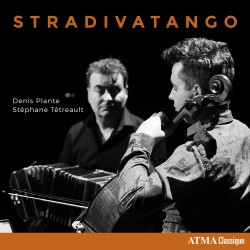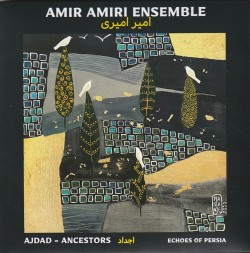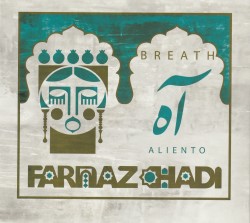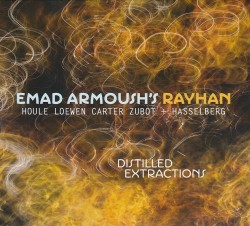Confluencias - Melon Jimenez; Lara Wong
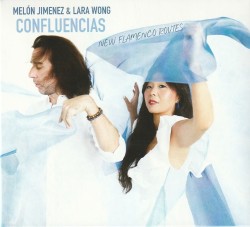 Confluencias
Confluencias
Melon Jimenez; Lara Wong
Scatcat Music (larawong.com/melonlara)
Confluencias contains hauntingly atmospheric oceans of music that are likely to fill your listening room. Both the music of the flute of Lara Wong and the guitar of Melón Jiménez (with contrabass and percussion and judiciously added electronics as well) combine to make it so.
Wong is a virtuoso concert flutist and turns on the most seductive charm every time she puts the instruments to her lips, sculpting extraordinary melodic phrases and lines. But when she exchanges that flute for the hollowed-out bamboo of the Indian bansuri she unleashes an exponentially bewitching charm that will hold you in irresistible – and willing – bondage.
Jiménez is no less a virtuoso. He puts this to work to bring to life his flamenco roots. He evokes memories of the great province of Andalusia that is home of the greatest of flamenco practitioners including José Miguel Carmona Niño, Juan José Carmona Amaya El Camborio, Paco de Lucía, Pepe Habichuela, and others.
Jiménez’s flawless technique is employed through picados and rasgueados (flamenco strumming) with great sensitivity. He’s playing to bring to life what Federico García Lorca called the “Dark sounds of duende – that mysterious force that everyone feels, and no philosopher has explained. The duende is not in the throat: the duende surges up, inside, from the soles of the feet.”
Two songs on this riveting album that will leave you breathless are Kalima and Pardo Perdío.


